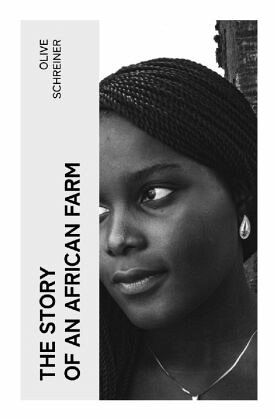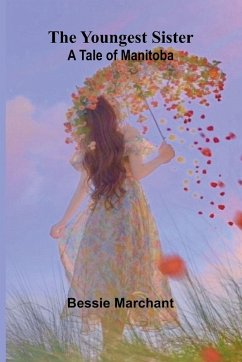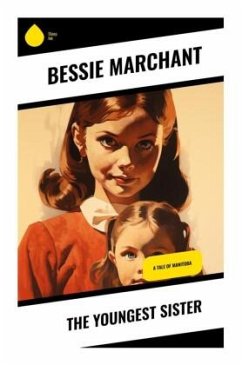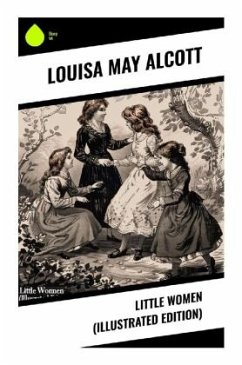
The Story of an African Farm
Versandkostenfrei!
Versandfertig in 6-10 Tagen
12,50 €
inkl. MwSt.

PAYBACK Punkte
0 °P sammeln!
In "The Story of an African Farm," Olive Schreiner intricately weaves a narrative that transcends the limitations of her time, exploring themes of gender, identity, and colonialism against the backdrop of the South African landscape. Employing a realist style interspersed with lyrical prose, Schreiner depicts the lives of its central characters, particularly the independent-minded Lyndall, as they navigate the struggles of existence on a remote farm. Rich in symbolism and philosophical musings, the novel serves as both a critique of Victorian societal norms and a profound exploration of person...
In "The Story of an African Farm," Olive Schreiner intricately weaves a narrative that transcends the limitations of her time, exploring themes of gender, identity, and colonialism against the backdrop of the South African landscape. Employing a realist style interspersed with lyrical prose, Schreiner depicts the lives of its central characters, particularly the independent-minded Lyndall, as they navigate the struggles of existence on a remote farm. Rich in symbolism and philosophical musings, the novel serves as both a critique of Victorian societal norms and a profound exploration of personal agency, making it a pioneering work in feminist literature and an early example of the coming-of-age genre within a colonial context. Olive Schreiner, born in 1855 in the Cape Colony, was profoundly influenced by her experiences of colonial life and her advocacy for social reform and women's rights. Her own tumultuous upbringing and her keen sense of injustice shaped her perspective, driving her to delve into the complexities of human relationships within the societal constraints of her era. As a member of the early feminist movement, Schreiner's literary contributions reflect her desire to address the disenfranchisement of women and the broader context of imperialist struggles. I highly recommend "The Story of an African Farm" for readers interested in the intersection of sociology, philosophy, and literary innovation. Schreiner's bold exploration of unorthodox ideas about gender and individuality offers readers a compelling and thought-provoking experience, making this novel a must-read for those intrigued by early feminist literature and the socio-political landscapes of the 19th century.












